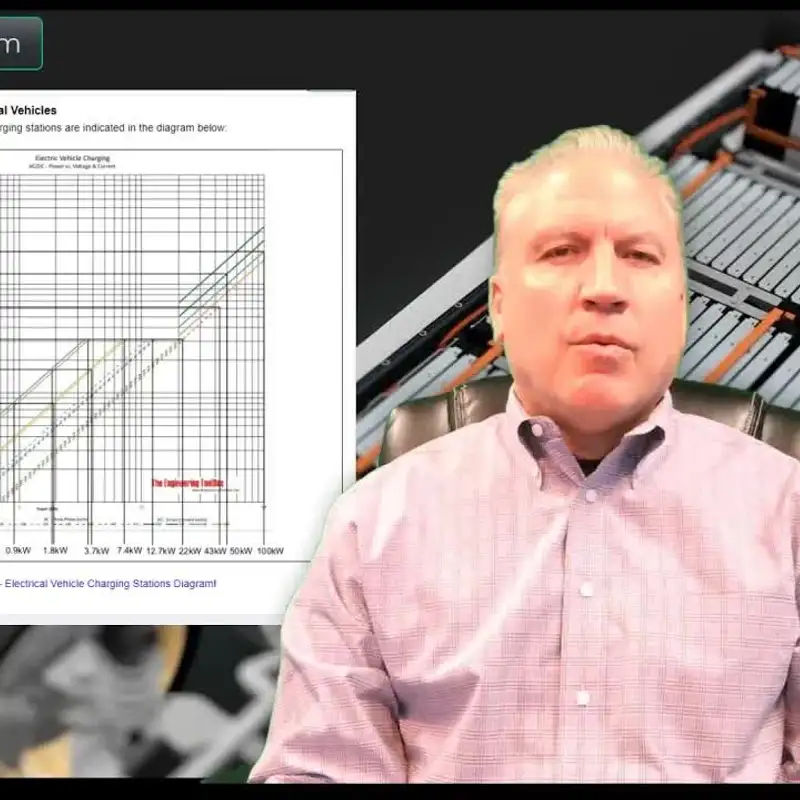Grid Overload: Can America's Power System Handle the EV Revolution?
Download MP3Key Points Discussed:
- Current Electricity Crisis: Wall Street Journal reports there's already an electricity shortage in the United States, with power grid operators cautioning that supplies aren't keeping up with demand
- Rolling Blackouts Predicted: Many states are struggling to meet current demand, with rolling blackouts predicted for this year - and this is with less than 1% of vehicles being electric
- Home Electricity Usage: Average American home uses 893 kilowatt hours per month according to the US government energy division
- EV Power Consumption: Typical electric vehicle driver traveling 1,000 miles per month (12,000 miles annually) needs 250 kilowatt hours to properly charge their vehicle
- 30% Increase in Residential Power: Adding EV charging to home electricity usage represents almost a 30% increase in residential power consumption (250 kwh added to 893 kwh base usage)
- State Mandates Timeline: Washington State has passed laws prohibiting gasoline or diesel vehicle sales and registration after 2030 - roughly 7 years away
- Market Transformation Goals: Plans call for electric vehicles to represent 70-80% of the market within a decade, up from current 1%
- Power Plant Retirement: Traditional power plants are being retired while demand increases, creating supply-demand imbalance
- Supply-Demand Price Impact: Historical examples from real estate, gasoline, and appliances show that supply-demand mismatches lead to higher prices or shortages
- Remote Power Controls: Power companies are already installing remote switches on air conditioners to manage peak demand during heat waves without customer permission
- AC vs EV Charging Comparison: Air conditioning represents one of the biggest electrical draws and creates simultaneous peak demand, unlike intermittent uses like stoves, dryers, and water heaters
- Grid Management Challenges: Power companies may need to implement usage restrictions or remote shutoffs to manage grid capacity as EV adoption increases
- Forward Planning Concerns: Many infrastructure challenges aren't addressed until problems occur, potentially leading to blackouts and brownouts by 2028
Questions for Consideration:
- Where will the electricity come from to support mass EV adoption?
- How will supply-demand imbalances affect electricity prices?
- What strategies are being developed at government and utility company levels?
- How will power companies manage high-drain battery recharging needs?
Share your thoughts on electric vehicle adoption and power grid capacity in the comments below.

